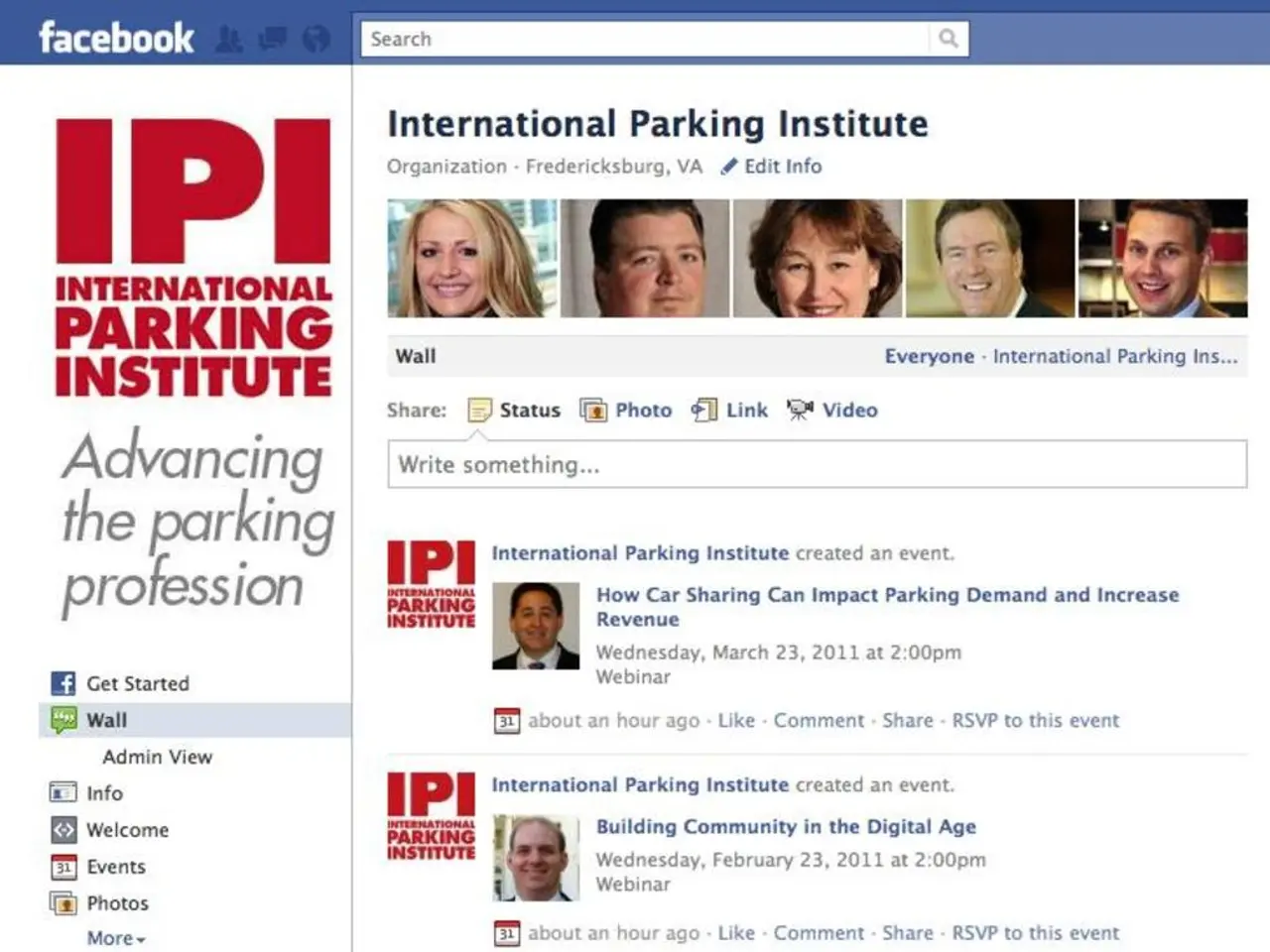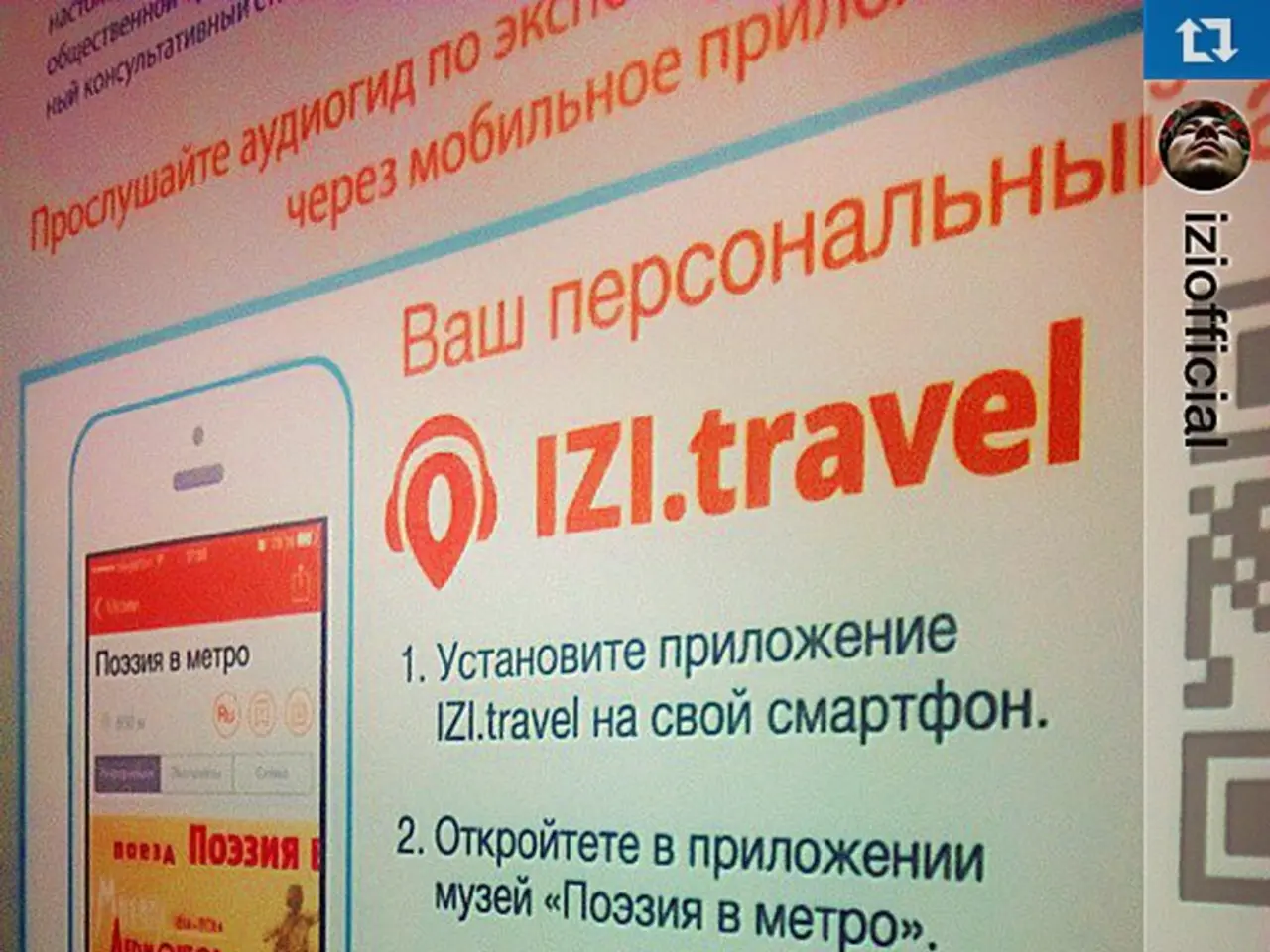"Terminate H-1B visas": Marjorie Taylor Greene advocates for Trump to impose additional penalties on India due to its purchases of Russian oil.
In recent developments, there has been a push within the Republican Party for H-1B visa reforms, with notable figures such as Marjorie Taylor Greene and Joseph Edlow, director of U.S. Citizenship and Immigration Services (USCIS), advocating for changes to the programme.
Marjorie Taylor Greene, a US Congresswoman, has proposed ending Indian H-1B visas, expressing concerns about displacing American jobs. This stance was made public on August 4, 2025, when she reposted former President Donald Trump's tweet about raising tariffs on Indian exports in response to India's oil trade with Russia, adding the message “End Indian H-1B visas replacing American jobs instead” [1][2][5].
Meanwhile, Joseph Edlow has voiced his intention to end the OPT (Optional Practical Training) program, which allows international students, many from India, to work temporarily in the U.S. post-graduation without immediate work visas. He called the OPT program “ripe for abuse” and a “workaround” allowing employers to access cheaper labor, signaling a desire to clamp down on this pathway [3].
These proposals have sparked concern among Indian and tech communities, with critics arguing that they unfairly target foreign workers and do not address underlying labor market issues [2][5]. Legal and tech sector professionals have reacted with caution, recognising that while no concrete legislative changes have occurred yet, the political rhetoric suggests an intent to tighten the H-1B and student work visa pathways [2][5].
The Trump administration’s broader H-1B visa reforms have included changes such as replacing the lottery system with a points-based system prioritizing high salary and elite qualifications, tripling visa costs and surcharges, and requiring in-person interviews starting September 2025. These shifts have raised concerns about a potential talent drain and increased uncertainty in the U.S. tech sector workforce [4].
The H-1B visa programme allows US companies to hire skilled foreign workers in specialised fields such as IT, engineering, finance, and healthcare. For many Indian students, the H-1B visa represents the natural next step after graduating from a US university on an F-1 student visa and completing their Optional Practical Training (OPT). The programme is widely viewed as a gateway to long-term employment and, eventually, permanent residency [6].
The proposed changes to the H-1B visa selection process aim to favour higher-wage, more experienced applicants, a move that has sparked fears that it may disadvantage early-career professionals [7]. Doug Rand, a former Biden official, has called the changes "unwise," arguing that the H-1B visa is the main route for hiring top international graduates of US universities [8].
As the political climate tightens around H-1B and related work visas, it remains to be seen how these proposals will unfold. For now, no formal legislation reflecting Greene’s call has been enacted yet [1][2][3][4][5].
References:
[1] CNN [2] The Washington Post [3] The New York Times [4] Forbes [5] The Hill [6] NPR [7] The Wall Street Journal [8] The Verge
- The discussions surrounding H-1B visa reforms within the Republican Party have expanded to include finances, as Marjorie Taylor Greene proposed ending Indian H-1B visas, expressing concerns about their impact on the American job market.
- The proposals for changes in H-1B visa policies, such as ending the Optional Practical Training program, have attracted attention in the realm of general news, policy-and-legislation, and politics.
- Finance, technology, and legal sectors have been closely monitoring the evolving H-1B visa reforms due to potential implications on the market for skilled foreign workers in specialized fields like IT, engineering, and healthcare.




